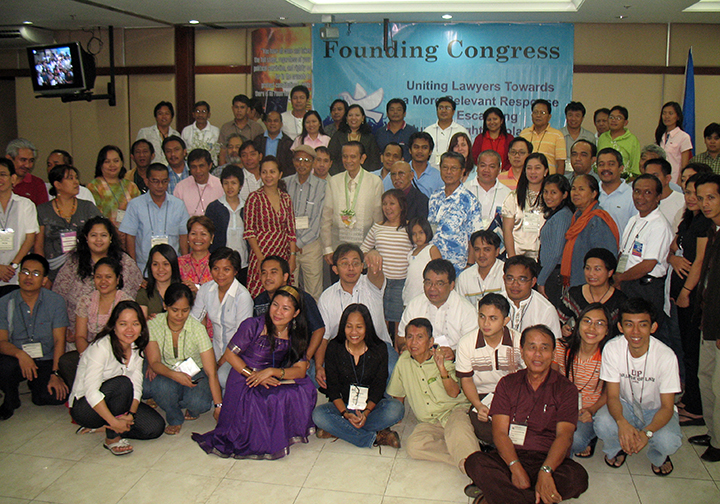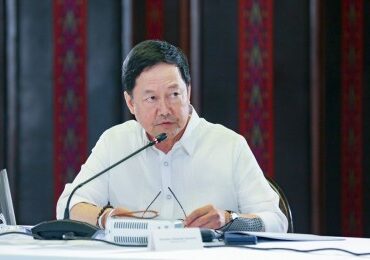NUPL: ‘Gray list’ removal driven by repression

A lawyers’ group has warned that the country’s removal from the global dirty money “gray list” comes at the cost of a widespread crackdown on civil society with development workers, civil society groups and human rights defenders losing their “freedom and ability to serve the communities that need them most.”
In a statement on Saturday, the National Union of Peoples’ Lawyers (NUPL) said the so-called achievement is driven by “political repression” built on fabricated terrorism financing cases, arbitrary asset freezes and financial exclusion.
“By aggressively pursuing Financial Action Task Force (FATF) compliance, the Philippine government has prioritized the approval of foreign states and financial institutions over the welfare of its own people,” the group said.
The government, it added, has allowed regulations meant to combat terrorism financing to be used to “harass grassroots movements, all while failing to address large-scale corruption, illicit financial flows, and the billions of pesos laundered through Philippine offshore gaming operators (Pogos).”
At the end of its February meeting over the weekend, the Paris-based FATF removed the Philippines from its list of jurisdictions under increased monitoring for high volumes of money laundering and terrorism financing incidents—the only country to be delisted in the latest round of assessment.
Shadow report
Justice Secretary Jesus Crispin Remulla on Sunday welcomed the development, commending the heads of the task force on antimoney laundering and terrorism financing for “leveling up the investigation and prosecution of money launderers and terrorism financiers.”
But for the NUPL, it was “not a victory for the Filipino people, but a concession to an unjust global financial order.”
In a report published last week, the NUPL and the Council for People’s Development and Governance submitted a shadow report outlining on-the-ground evidence of the grave consequences of counterterrorism financing (CFT) measures on civic space and fundamental freedoms.
The report found, among other things, that antimoney laundering and CFT laws have been weaponized to suppress civil society organizations (CSOs) and restrict civic space under the guise of compliance with FATF standards.
It noted how the Anti-Terrorism Act of 2020 and the Terrorism Financing Prevention and Suppression Act of 2012 have been used to freeze assets and target CSOs under vague terrorism financing allegations.
Harassment, intimidation
Based on the study, terrorism financing cases surged from 14 in 2023 to 66 in 2024—a staggering 371 percent increase.
“Majority of the accused and respondents in these cases are women, indicating a disproportionately adverse impact on women’s representation in civil society. Notably, moreover, several of these cases in Luzon have been dismissed outright by the court due to insufficient evidence,” the report said.
It cited, for instance, a case in which two human rights defenders were charged with terrorism financing for providing P500 to an alleged member of the New People’s Army in prison.
The report also highlighted widespread harassment and intimidation of CSOs, with 63 percent of those surveyed reporting being Red-tagged or accused of links to terrorists.
The most common consequence of these laws, it said, was restricted movement of staff or limited mobility (63 percent), followed by widespread mental health issues and distress among staff (47 percent) and the intimidation of communities served by these CSOs (40 percent).

















